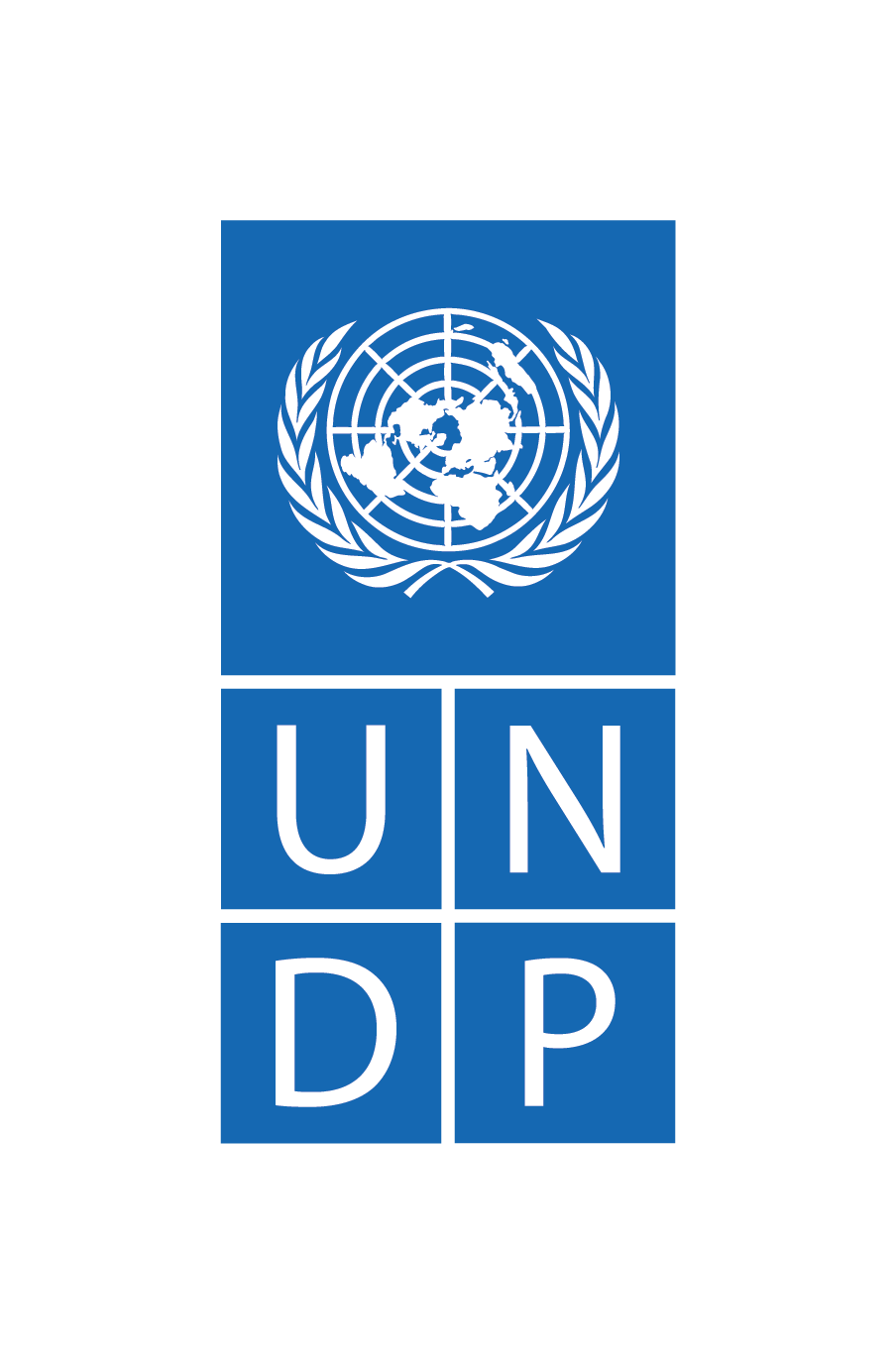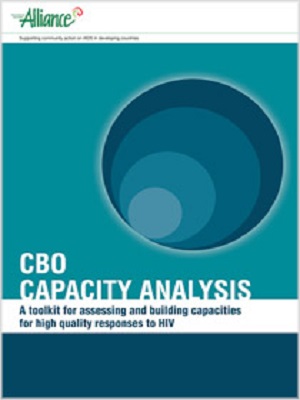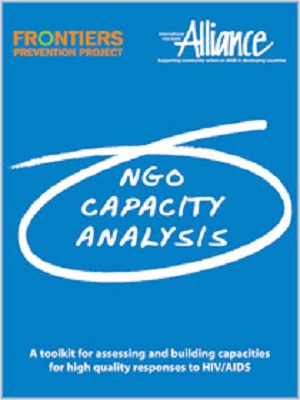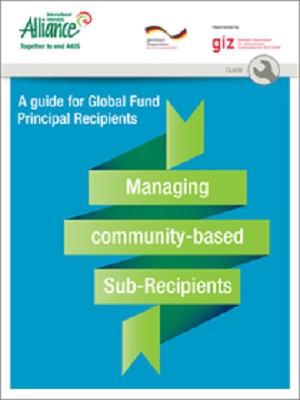Strengthening the capacity of implementing partners
Purpose
Implementing partners of health programmes require support and oversight to execute, manage and monitor their assigned roles effectively. Capacity development in managing, monitoring and verifying the activities of implementing partners is crucial, particularly to ensure the sustainability of the health programme, as the majority of implementing partners tend to be national entities. National implementing partners often provide crucial knowledge and access to hard-to-reach beneficiaries and key populations. However, they may have capacity gaps or may have limited experience in working at scale, and therefore may require significant support to implement their assigned role effectively.
UNDP’s Approach
UNDP focuses on building capacity to select, assess and provide oversight for implementing partners to minimize risk and ensure a sustainable and integrated national response, including by:
- supporting the development of standard operating procedures to select, contract, manage, monitor and provide oversight to implementing partners;
- providing technical support to orientation workshops;
- providing capacity assessment and plan development tools.
Global Fund-specific arrangements
In the context of the Global Fund to Fight AIDS, Tuberculosis and Malaria (The Global Fund) programmes, “implementing partners” refer to sub-recipients (SRs), which may be civil society organizations, government entities or other United Nations agencies that UNDP provides oversight and assistance to for the implementation of programme activities. Further to the processes outlined on this page, UNDP has processes in place to conduct the selection, capacity assessment, capacity development and monitoring processes for SRs, in line with the Global Fund guidelines. More guidance on UNDP’s process for SR management can be found in the UNDP-Global Fund Health Implementation Guidance Manual.
UNDP’s capacity development activities for the Global Fund-funded health programmes are conceived and conducted in close coordination with country coordinating mechanisms (CCMs). CCMs play a crucial role in driving local ownership and participatory decision-making throughout the grant life cycle. More information on UNDP’s work with CCMs and other operative parties can be found in the guidance manual here.
Guidance
Actions to support the capacity development of implementing partners should be integrated into all phases of their engagement, from the selection process to monitoring and oversight. Some considerations include:
- Selection: the selection process for implementing partners should outline the minimum criteria required to ensure transparency (such as the ability to carry out specific project activities and financial management and reporting).
- Contracting: template contracts should be developed outlining what happens if implementing partners are not performing as required, and what support will be given to them. Before signing the contract, the nominated partner should have a detailed work plan and budget attached to the contract.
- Capacity assessment: Capacity assessment: the capacity of all implementing partners should be assessed before a contract is signed and before any funds are disbursed to the new partner. If the implementing partner does not possess the required capacity to carry out the planned activities, then a capacity development plan should be developed and a budget set. The results of the capacity assessment should be compiled in a report for review to assess progress later.
- Implementation and ongoing capacity development: there should be an induction workshop for implementing partners, to outline the requirements and processes for financial and programmatic reporting, and to provide partners with reporting forms and templates and details of any supporting documentation required. The capacity development activities should be implemented as soon as possible at the beginning of implementation, but ongoing mentoring may carry on during the life cycle of the programme.
- Oversight of implementing partners: there should be a documented programme for each year outlining all oversight visits to verify the financial and programmatic data reported. There should be standard operating procedures with supporting templates for monitoring the programme implementation, and for reviewing financial and programmatic reports for completeness and technical soundness. Oversight mechanisms should include processes for problem identification and mitigation, as well as actions to solve any issues identified.
The risk management of implementing partners is a continual process — risks should be assessed and plans should be carefully documented, with responsibilities for follow-up properly assigned and monitored. For example, one way of managing risk is to give implementing partners that have been assessed as having weak financial management capacity smaller instalments of funds more frequently to carry out specific activities.
Suggested capacity development indicators
- Documented policies and procedures for selection of implementing partners in place
- Up-to-date implementation of partners’ agreement forms and contracts
- Number of implementing partners that have had a capacity assessment conducted
- Processes and procedures for defining capacity development plans and providing capacity development support
- Documented policies and procedures for managing and coordinating implementing partners
- Frequency of implementing partners’ plan reviews and updates
- Ability to capture and integrate implementing partners’ reports into management reporting
- Number of internal and external audits of implementing partners conducted
Key resources
Frontline AIDS Resources



